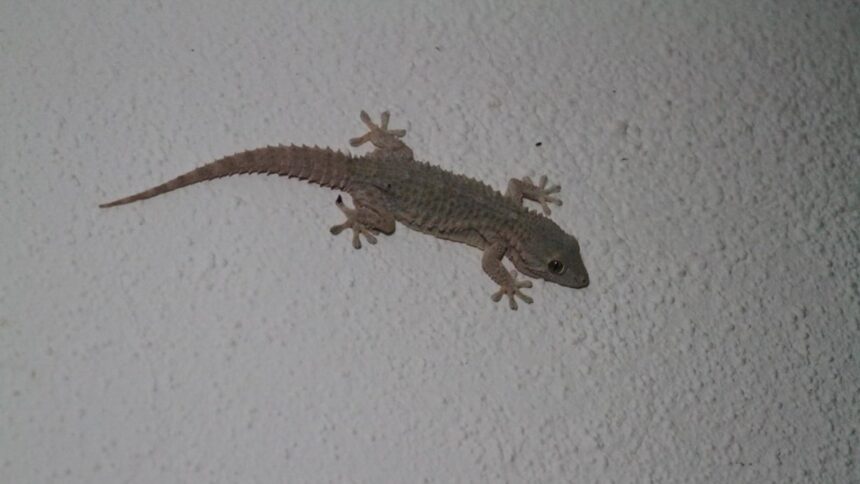Picture this: a common house lizard darting across your living room wall, or a slightly larger one lurking near a garden hose in your backyard. You flinch, and wonder—can this little creature actually bite me? It’s a question coming from your curiosity, but with a touch of fear. The short answer? Yes, lizards can bite, but the story isn’t as alarming as you might think.
Let’s unpack the science, the facts, and the myths, so next time you spot one, you’ll know exactly how to respond.
If you live in India or Southeast Asia, chances are you’re referring to (Hemidactylus frenatus). These small, pale lizards are nocturnal insect hunters, often spotted near light sources at night.
Can they bite you? Technically, yes. But:
And even if they do bite, it’s harmless and non-venomous. At most, it might feel like a sharp pinch. While not dangerous, all reptiles can carry Salmonella bacteria, so it’s still important to wash your hands after contact.
Most house lizards are shy, non-aggressive creatures that only bite in self-defence. In India, species like the Bengal monitor or garden lizard may look intimidating but rarely bite unless caught or mishandled.
Don’t panic. Here’s your go-to response:
If bitten while travelling in remote areas with unknown wildlife, always consult a local physician or herpetologist.
Lizards are often misunderstood creatures. In Indian folklore, their chirps are considered omens; in science, they are evolutionary marvels, with over 6,000 species worldwide. Whether they’re nibbling insects on your wall or lurking in a zoo exhibit, most lizards would rather be left alone.
So the next time you spot one scurrying across the ceiling, remember—it’s more likely to run from you than bite. And in the rare event it does, you now know what to do.








